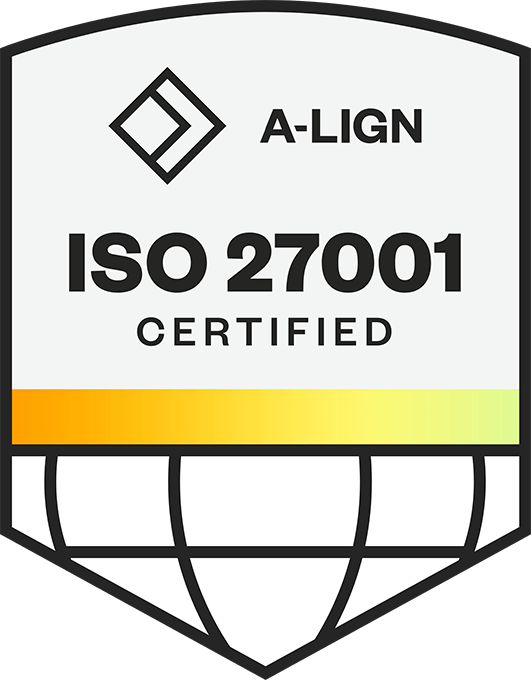Image Copyright: Financial Conduct Authority
The FCA published its 74th Market Watch Newsletter about critical transaction reporting issues.
Transaction reports continue to play a key role in the FCA's ability to conduct effective market oversight. Among other things, Market Watch 74 emphasizes the need for enhanced reporting reconciliations, clear identification of investment and execution decision-makers, and proper reporting of complex trades.
The newsletter states that, while there has been a trend of improved data quality, financial firms still have some way to go to improve their transaction reporting processes.
Key highlights from Market Watch 74:
Reconciliations
Reconciliations are essential in order for firms to ensure that reporting has been done accurately. However, some firms are not paying sufficient attention to the FCA's warnings on the importance of reporting transactions in a complete, accurate, and timely manner.
Firms are required to reconcile their reporting data and validate that their trading records match what has been received by the National Competent Authority (NCA), or reported to the NCA by their firm, an Approved Reporting Mechanism (ARM), or a Venue. However, the FCA has noticed that some firms are not extracting their data from the FCA portal in order to conduct their reconciliations.
The FCA also notes that where errors or omissions are identified in transaction reports, the firm reporting the transaction must cancel the report and submit a new corrected report to the FCA.
Investment and Execution Decision Makers
Market Watch 74 also highlights the importance of proper identification of the investment and executive decision maker. The FCA's market monitoring capabilities are best supported by granular information on individuals or algorithms making specific investment or execution decisions.
The FCA has identified a range of practices for how firms are assigning the investment and executive decision maker and reminds firms that where more than one person or algorithm is involved in an investment or execution decision, the person or algorithm taking primary responsibility for the decision should be identified in the transaction report.
Complex trades
The FCA has noticed that reporting of complex trades are not meeting the ESMA transaction reporting guidelines. The newsletter reminds firms that the FCA expects firms and market participants to continue to apply ESMA guidelines and recommendations to the extent that they remain relevant.
READ FCA'S MARKET WATCH 74
How SteelEye Can Help
SteelEye's Three-Way Reconciliation solution assists financial firms in fulfilling their reconciliation requirements, validating their transaction reporting data, and easily addressing errors.
How SteelEye’s Three-Way Reconciliation solution works:
SteelEye’s three-way reconciliation system compares firms’ original reporting files against the data received by the NCA and ARM. Once the files have been uploaded into SteelEye, the reconciliation takes less than 20 seconds – returning a detailed list of:
- ‘matches’ where the transactions in the three files match (meaning the report is accurate), or
- ‘breaks’ where one or several transactions do not match.
Importantly, the system highlights where errors have occurred, allowing clients to easily create cases for remediation, address the error and report the correct data.
Book a Demo









